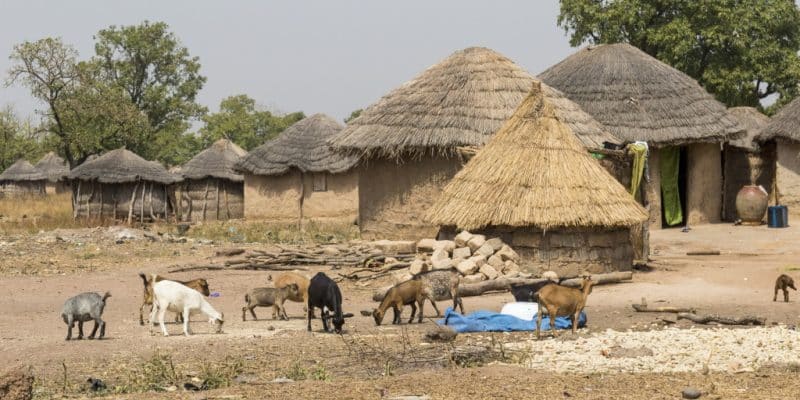The Board of Directors of the World Bank Group has approved a $300 million loan to Cameroon. This financing is intended to strengthen local capacities and build infrastructure that is resilient to climate shocks.
The World Bank supports climate action in Cameroon. The international financial institution is granting a loan of 300 million dollars to this Central African country through its subsidiary, the International Development Association (IDA). The loan is intended to finance the Local Governance and Community Resilience Project. This initiative of the Cameroonian Ministry of Decentralisation and Local Development aims to strengthen the capacity and resilience of local communities.
“We know that fragility and poverty are exacerbated by the increased difficulties caused by natural hazards and climate change. These phenomena have serious consequences for the most vulnerable communities in all regions, who face the deterioration, destruction or loss of their habitat, livelihoods and crops,” says Abdoulaye Seck, the World Bank’s country director for Cameroon.
Read also- AFRICA: The Lab launches seven financial instruments to support climate action
And climate hazards are impacting the development of cities in Cameroon. In August 2020, heavy rains caused the collapse of the Palar bridge. This bridge, which is of major importance in the Far North region, was located on National Road No. 1 and linked Maroua to Kousseri, a town located on the border between Cameroon and Chad. To reduce the impact of this phenomenon, which is exacerbated by global warming, the Cameroonian government is planning a series of projects.
These include the construction and rehabilitation of regional infrastructures in several councils. According to the Cameroonian government, the priority investments to be financed will be based on the Regional Development Plan (RDP). Most of the project’s initiatives will revolve around community capacity building, notably through the creation of local development committees.
Jean Marie Takouleu







